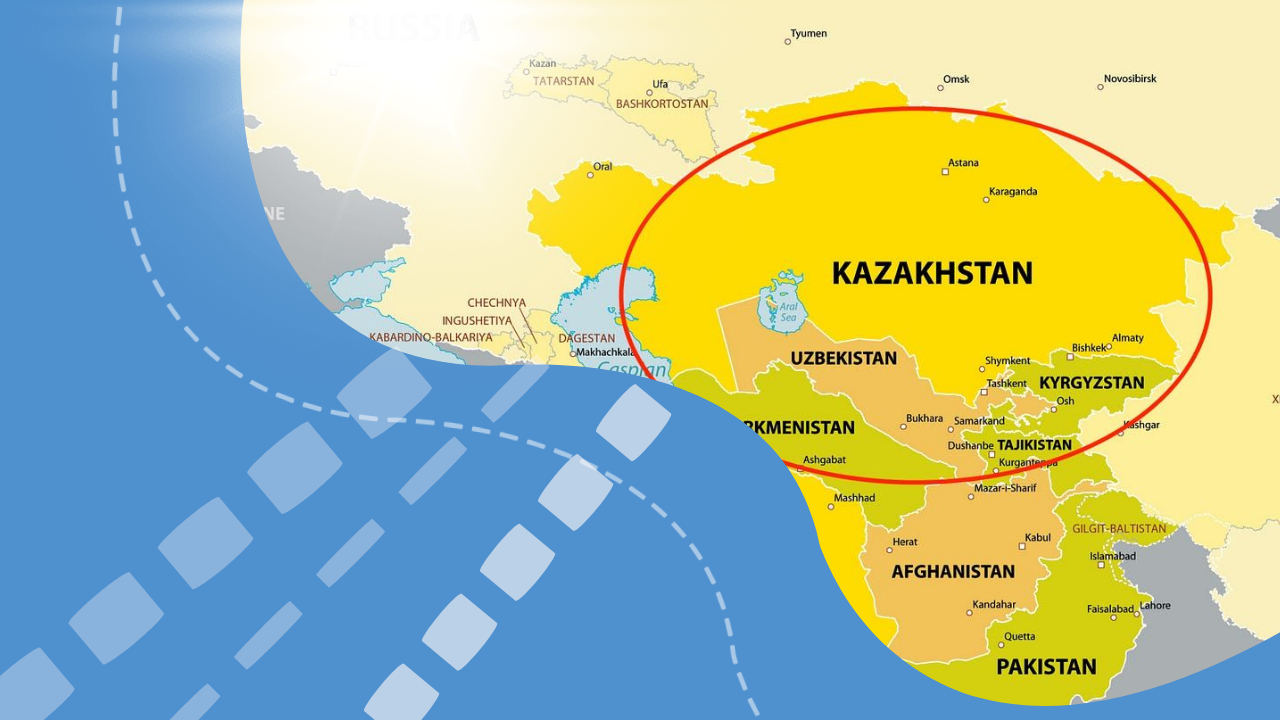Kazakhstan is home to numerous towns where mining enterprises are the backbone of local economies. However, according to Majilis deputy Ekaterina Smyshlyaeva, approximately thirty mining sites in the country are nearing critical depletion levels, reports kaztag.kz. The closure of these key enterprises would result in significant job losses for a large portion of the population, leading to a downturn in other sectors such as services and small businesses, ultimately causing population decline in these towns and settlements.
To delay the closure of mining operations and proactively prepare new employment opportunities in these monocities, deputies have proposed several measures. They suggest monitoring the extraction levels at mining sites that may cease operations within the next decade and striving to extend the life of valuable deposits. This would require subsoil users to ensure comprehensive processing of extracted minerals, including the utilization of technogenic mineral wastes.
For sites already at critical depletion, the recommended solution is to conduct further exploration to extend their operational life. In areas with low profitability, there is a proposal to expand the application of a special tax regime. Additionally, deputies emphasize the need to address economic diversification in towns and settlements facing the closure of mining enterprises within ten years. This includes preemptively retraining workers who will soon lose their jobs due to the shutdowns.

